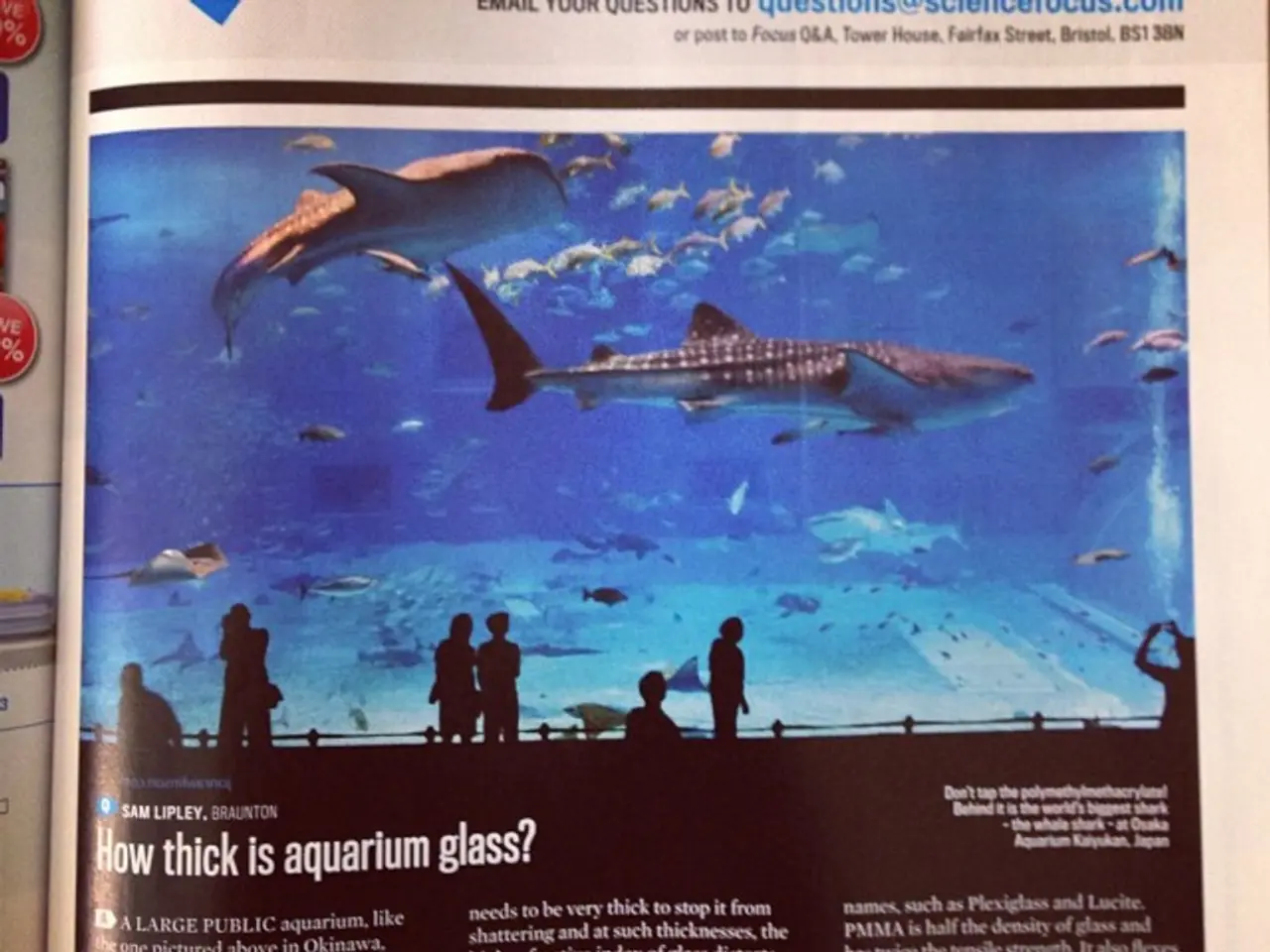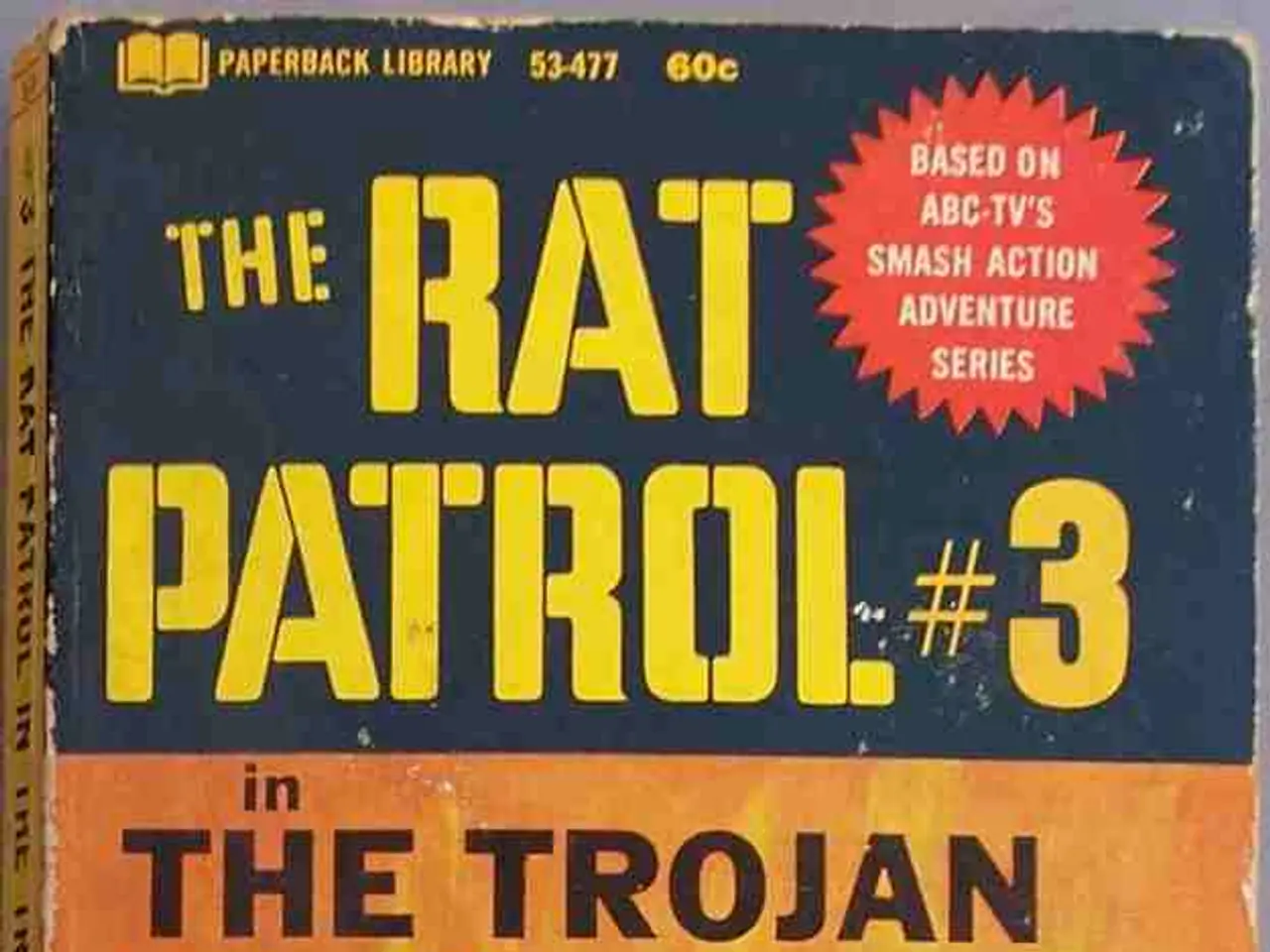Authority figures of Jim Crow era gather alongside Immigration and Customs Enforcement at the facility known as 'Alligator Alcatraz'
The "Alligator Bait" trope, a deeply troubling motif originating in the 19th century, portrayed African American children, often babies, as bait for alligators. This disturbing imagery emerged as a widespread icon in American popular culture, particularly after the Civil War and during the Jim Crow era.
Historically, the trope drew on folklore and purported news stories, though no verified evidence supports the actual use of Black children as alligator bait. Instead, it functioned as a dehumanizing slur, justifying violence or discrimination by casting Black people, even innocent children, as prey for comic or horrific entertainment.
White Floridians capitalized on this grotesque concept, creating an industry around the idea of alligators hungry for Black babies. Souvenir postcards, licorice packaging, and fishing lures were among the merchandise sold, exploiting the trope in a way that reinforced racist stereotypes, suggesting that Black lives were worthless or less valuable than animals like chickens.
In modern times, this racist theme has persisted in more subtle and controversial ways. For example, the nickname "Alligator Alcatraz" for a Florida immigration detention center and related social media posts involving alligator imagery have been widely criticized as reinforcing oppressive stereotypes connected to this racist history. Activists and commentators have condemned such references as callous and offensive reminders of the trope's legacy, linking them to ongoing racial injustices in the U.S.
The "Alligator Alcatraz" merchandise, marketed as a joke, is available in child-sized versions, further perpetuating the same old cruelty. However, it is important to remember that this trope never went away but evolved and was rebranded, continuing to perpetuate the same dehumanizing rhetoric.
Knowledge is power, and anyone trying to keep knowledge from you, whether by banning books, gutting classrooms, denying identities, or burying facts, is only trying to disempower you. It is crucial to understand our history, even the painful parts, to recognize how cruelty gets coded into culture and to work towards a more equitable future.
Ezra Claytan Daniels, a screenwriter and graphic novelist, is working on a horror graphic novel, "Mama Came Callin'," that confronts the legacy of the alligator bait trope. His work serves as a reminder that acknowledging and addressing our past can help us break free from its oppressive grip.
References:
- Alligator Bait: The History of a Racist Image
- The Tragic History of Alligator Bait
- The Alligator Alcatraz nickname and its ties to racial injustice
- The Racist History of "Alligator Alcatraz"
- The "Alligator Alcatraz" nickname and its ties to a racist past
In light of the history of the "Alligator Bait" trope, it's troubling to see the persistence of this degrading imagery in modern times, such as with the "Alligator Alcatraz" merchandise and related references. Confronting and addressing this dark part of our history is crucial, as seen in Ezra Claytan Daniels' graphic novel, "Mama Came Callin'." Education, including learning about our past, can empower us to recognize and dismantle oppressive stereotypes and work towards a more equitable future.








